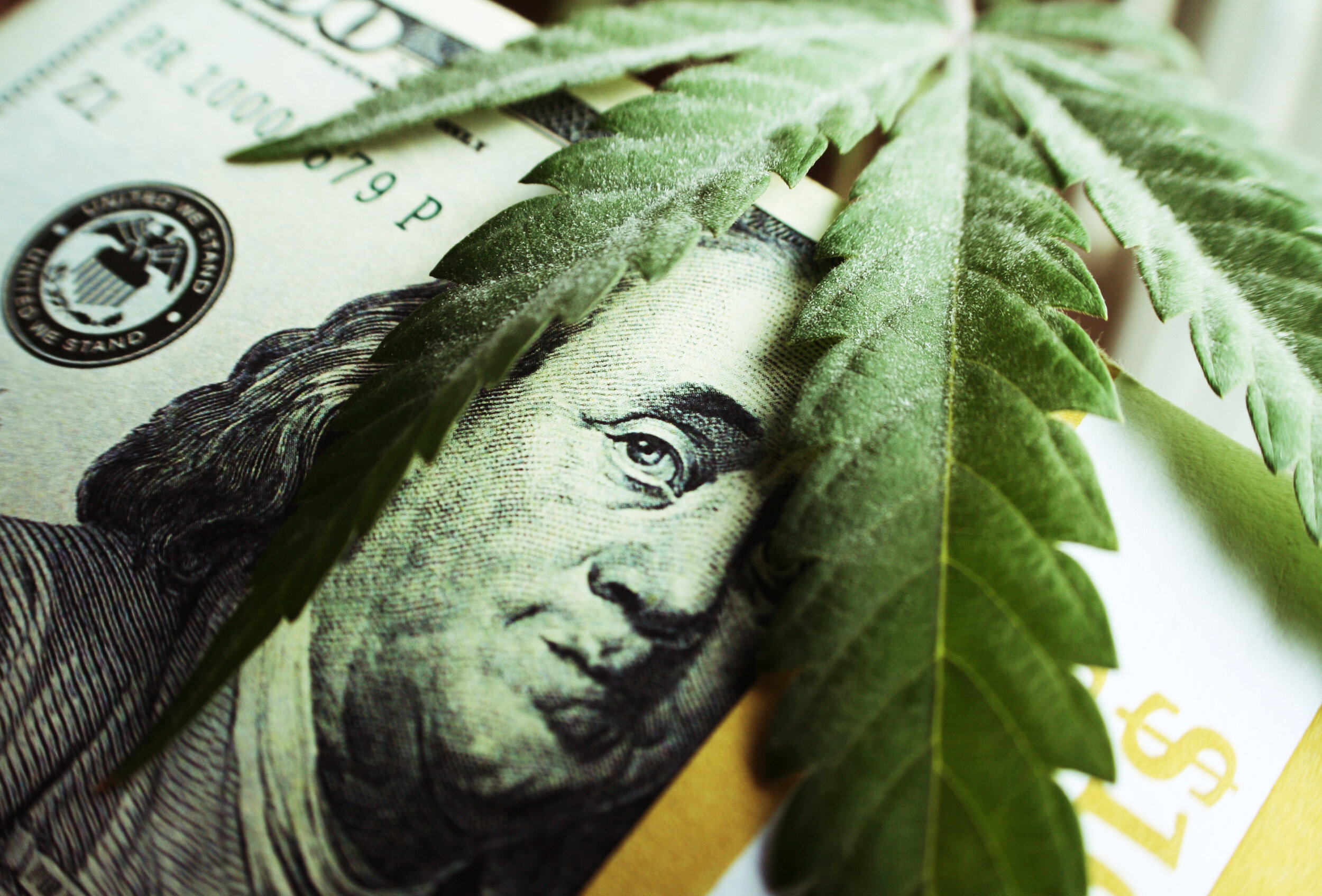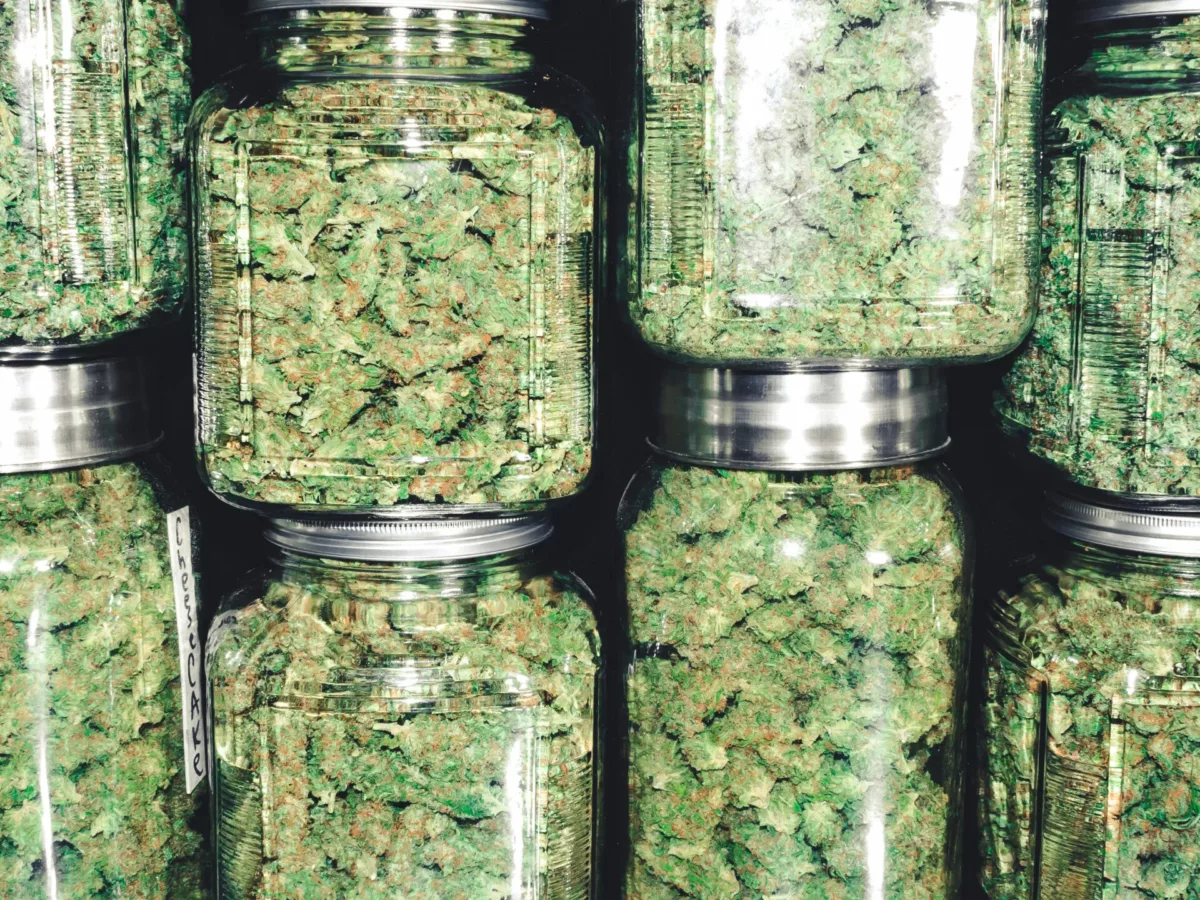Last week, the Maryland Medical Cannabis Commission (MMCC) held its Finance Committee Meeting where it reviewed its 2020 fiscal year performance so far and wrestled with the devastating economic effects of COVID-19.
The commission’s budget is a special fund and is mostly funded by licensing fees, rather than the state’s general fund. The meeting about the commission’s finances was, according to MMCC Executive Director William Tilburg, “a snapshot of where the commission was as of March of this year.”
Ugo Osoh, director of the MMCC’s Finance Committee presented the commission’s $9,005,000 budget for the 2020 fiscal year. Breakdowns of where its money comes from are worth exploring. It includes $6,000 in application fees for each grower and an annual $125,000 license fee for each grower; for processors, $6,000 in application fees and an annual $40,000 license fee; and for dispensaries, $5,000 in application fees and an annual license fee of $40,000. That’s for each grower, processor, or dispensary.
As of March 2020 (nine months into the current fiscal year), the MMCC’s year-to-date revenue was $8,346,856 in contrast to last year’s $6,925,707—an almost 21% increase. Osoh focused on some of the most significant jumps in revenue (especially those that surpassed budget projections) during July 2019-March 2020, the first three quarters of the 2020 fiscal year.
Agent badge fees were $169,700 higher than projected due to the start of operation for so many newly licensed dispensaries which included one new grower, one new processor, and six new dispensaries.
Patient identification card fees were $1,477,950 higher than expected (it was projected for $1,350,000), adding up to $2,827,950 due to the increase in registered patients and caregivers.
“We’re happy to report we’ve grown the patient population in Maryland to 135,075 patients currently in Maryland and we still have a huge number of applications coming in daily in spite of [COVID-19],” Osoh said.
Fines issued by the MMCC added up to $42,023 for noncompliance.
Following the presentation, MMCC’s Tilburg noted that due to “economic uncertainty” in Maryland due to COVID-19, the commission could lose some of its money in order to help the state even though the MMCC is a special fund.
“While the commission is specially funded and as Ugo went through, funded primarily by the cannabis licensees and more recently in part, by the patient and caregiver fees, those monies are not protected from subsequent General Assembly action to take those funds,” Tilburg said. “So it is very much a possibility that the upcoming budget changes do take some of our operating funds in order to cover the shortfall in other areas.”
This is a striking example of cannabis’ positive economic effects: Money generated by medicinal cannabis with little help from the general fund can now possibly help the state as a whole weather a serious and unanticipated economic blow.
The MMCC is also dealing with the effects of Maryland governor Larry Hogan’s blanket hiring and spending freeze. Because of the freeze, the MMCC cannot fill 16 job vacancies that are currently open, which has spread the commission thin, Tilburg explained. Hogan did announce that contractual employees will be able to have their contracts renewed at the end of the fiscal year. Fifty percent of the MMCC staff is contractual and the commission would struggle to operate if they were prevented from renewing those contracts.
The Compassionate Use Fund, which allows Marylanders who are enrolled in the Maryland Medical Assistance Program or the Veteran Affairs Maryland Health Care System to purchase medicinal cannabis at a lower cost, was also discussed. This program had been previously approved but House Bill 870 from this year’s legislative session explicitly addressed that it also be funded.
Tilburg said that into July, when the new fiscal year begins, 25% of the MMCC’s patient and caregiver fee would go to the Compassionate Use Fund. This is not how the fund was supposed to be paid for but the MMCC has said, given the current economic climate, they calculated that the MMCC could continue functioning and still provide that vital 25%, resulting in somewhere between $600,000 and $1 million in 2021 to the Compassionate Use Fund.
“It’s important to the program that we get this started and that we allocate some money so that those who are most in need have some relief and cost isn’t a reason why individuals aren’t receiving their medication,” Tilburg said.
On Wednesday, May 27, the MMCC will hold its Policy Committee meeting and the general MMCC meeting happens on June 11.
Photo by ShutterstockProfessional / via Shutterstock






